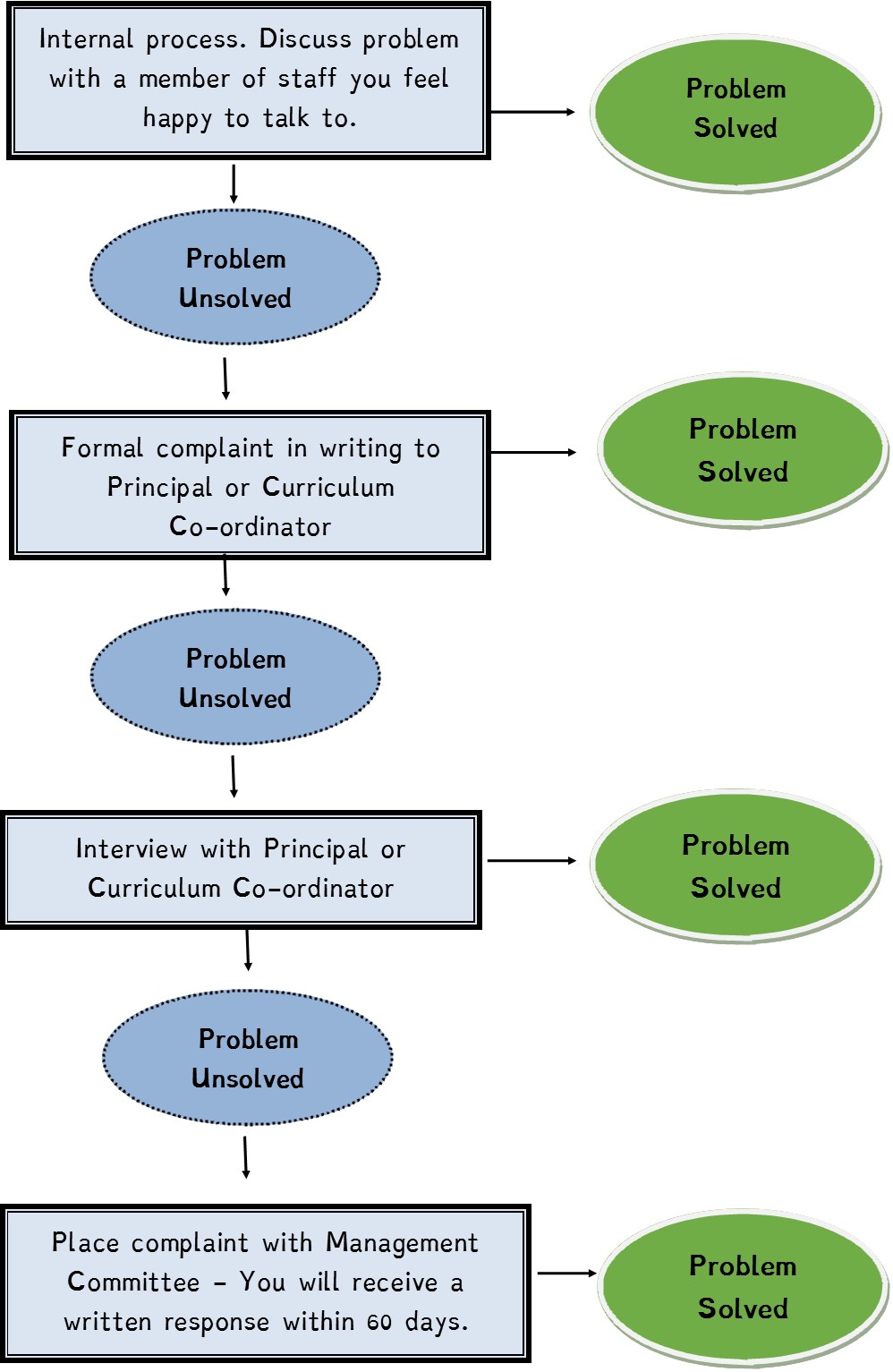Cleveland Education and Training Centre (CETC) offers students the opportunity to undertake nationally recognised vocational certificate courses. The training that students receive reflects specific industry competency standards and is delivered by the Cleveland Education and Training Centre’s Registered Training Organisation (RTO). Our details document provides key information such as our trading name and Australian business number.
Vocational Education and Training (VET)
Cleveland Education and Training Centre (CETC) provided a range of VET subjects including:
- Certificates in General Education for Adults offered at four levels:
- Course in Initial General Education for Adults
- Certificate I in General Education for Adults (Introductory)
- Certificate I in General Education for Adults
- Certificate II in General Education for Adults
- Certificate II in Creative Industries
- Certificate II in Visual Arts
- Certificate I in Construction
- Certificate I in Hospitality
- Certificate I in Workplace Skills
What is VET?
Vocational Education and Training (VET) is a nationally recognised training system to train people to work competently in the workplace. Certificates are awarded by Registered Training Organisations (RTOs) to students who can demonstrate that they have acquired the competencies which have been described in registered training packages.
An aim of school-based VET is to provide young people with employment-related skills, and an understanding of the work environment, career options and pathways for further education and training. At the school level, students also undertake training programs which prepare them for employment in specific career pathways.
What is competency based training?
Competency based training focusses on what a person can do in the workplace as a result of completing a program of training to provide them with the attitudes, skills and knowledge needed to be a competent worker.
Recognition of current competencies (RCC)
You may obtain recognition for what you already know or have done—no matter where or how you learnt it. If you can show that you have the understanding and skills described in the units, you may not have to do those parts again. Ask your teacher for information about the RCC process.
Credit transfer
You may get credit for certificates or statements of attainment that you have received from another RTO (e.g. another school, TAFE).
Tell your teacher about any certificates you have already obtained or any work experience you have undertaken.
-
Have you studied at another school or training organisation?
-
Have you ever completed a
course through TAFE or another company?
- Have you had a job before?
- Have you ever completed workplace health and safety or other training on a worksite?
- Do you have your construction white card?
Reports and awards
Reports
An initial report is usually written after you have been with us for three weeks. This report gives you feedback on your behaviour and your progress in all the courses and/or qualifications you are enrolled in.
You will also receive a progress report every three months. If you leave CETC prior to completing a qualification, the transition officer with ask for a transition report to be prepared. This will be sent to your next educational institute.
Qualifications and statements of attainment
For VET subjects, CETC will issue Australian Qualifications Framework (AQF) qualifications and statements of attainment:
- Statements of attainment are awarded for successful completion of VET accrediated units
- Qualification certificates are awarded for successful completion of VET qualifications
- Certificates of achievement are awarded for successful completion of other programs
- Certificates of participation may be given to recognise your efforts in some programs if you haven’t completed a full unit of work from a subject area
Access to accurate records
The original copy of your certificate is added to your transition folder. Copies of your certificates can also be given to you on request. The results are added to the:
- student data capture system (SDCS)
- unique student identifier (USI) registry system
Feedback on how we operate
We are continuously striving to improve the way we do things and welcome your suggestions through the individual unit evaluation forms, school survey and our Registered Training Organisation (RTO) student learner survey forms.
Complaint and appeal procedures
A more detailed description is provided in
policies.
Not everyone is happy all the time. See the flow diagram to see the process to make a complaint. If you are unhappy, you can make a complaint about any of the following:
- curriculum issues (e.g. subjects, courses, content, teaching methods, learning experiences)
- assessment procedures, practices and results
- classroom environments
- discrimination
- RTO policies and routines
- daily routine matters.
Process to make a complaint

Learning support
Who needs support with their learning?
- People who have been out of school for a long time
- People who want to improve their literacy (reading and writing) and numeracy (maths) skills
- People who want to learn how to use computers
Who provides learning support at CETC?
- All teachers and teacher aides
- Guidance officer
How do I get the help I need?
Talk to someone you trust and feel comfortable with. They will discuss your learning needs with you and assign a support person to work with you.
Who else can help me?
- Transition officer
- Case workers
- Health workers
- Program staff
- Principal
- Chaplain
- Guidance officer
Workplace health and safety
Safety is everybody’s responsibility. Accidents can result in loss of life, injury to people, damage to property, equipment and materials. To help protect staff and students, personal protective equipment (PPE) is used whenever it is needed.
All students participate in a safety induction session for all programs where the safe use of equipment is necessary.
Vocational teachers ensure the induction program is completed before students begin using tools and equipment.